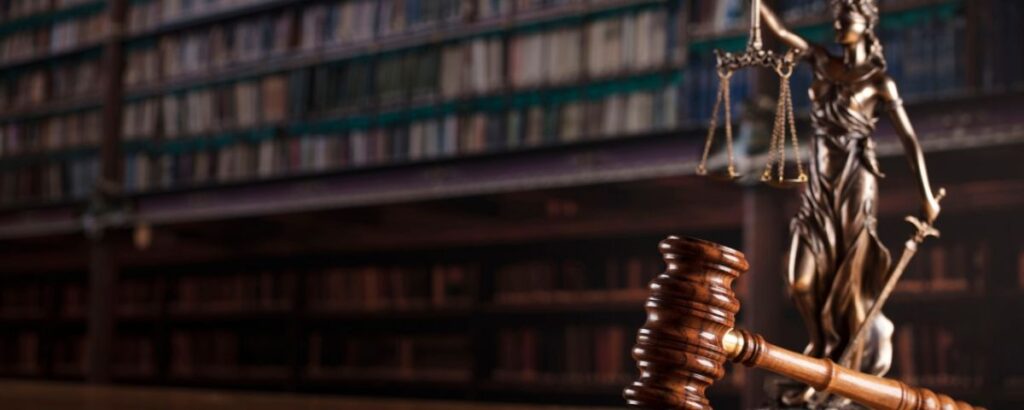Expert witness testimony has evolved significantly over the years, reflecting broader changes in legal practices, technology, and societal expectations. Historically, expert witnesses played a relatively modest role, providing specialized knowledge primarily in complex cases. Their contributions were often limited to presenting factual evidence and opinions based on their expertise, with less emphasis on how they communicated their insights to the court. In the early 20th century, expert testimony was largely confined to a few specialized fields. Medical experts, for example, would testify about injuries or the cause of death, while forensic experts might provide insights into crime scene evidence. The expectation was that these experts would offer their opinions in a straightforward manner, and the primary challenge was ensuring that their expertise was sufficiently robust and relevant. As the legal system evolved, so too did the role of expert witnesses. The latter half of the 20th century saw a burgeoning recognition of the need for experts in a wider array of fields.
The advent of new technologies and scientific advances meant that legal cases increasingly involved complex, technical evidence. This shift necessitated that experts not only provide their specialized knowledge but also effectively communicate complex concepts to judges and juries who might lack technical backgrounds. In the 1980s and 1990s, the Dauber Standard and other legal precedents began to reshape the landscape of expert testimony. The Dauber Standard, established by the U.S. Supreme Court in 1993, set forth criteria for the admissibility of expert testimony, emphasizing the importance of scientific validity and the methodology used by experts. This marked a significant shift, requiring that expert testimony be not only relevant but also based on reliable principles and methods. The 21st century has seen further evolution in expert witness testimony, driven by advancements in technology and changes in societal expectations. The rise of digital evidence has introduced new challenges and opportunities for expert witnesses. Data analytics, digital forensics, and cyber security have become critical areas where experts are frequently called upon.
 This has led to the emergence of specialized fields such as digital forensics experts, who must navigate the complexities of electronic evidence while ensuring their findings are comprehensible to the court. Moreover, the role of expert witnesses has expanded to include not just the presentation of evidence but also the art of effective communication. Modern experts are expected to present their findings in a clear and accessible manner, Visit Link Here often using visual aids and simplified explanations to bridge the gap between technical complexity and lay understanding. This shift reflects a broader trend towards making legal proceedings more transparent and understandable to non-expert audiences. The growing emphasis on the credibility and qualifications of expert witnesses has also become a significant trend. Courts and legal professionals are increasingly scrutinizing the background, experience, and methodologies of experts to ensure that their testimony meets the highest standards of reliability and relevance.
This has led to the emergence of specialized fields such as digital forensics experts, who must navigate the complexities of electronic evidence while ensuring their findings are comprehensible to the court. Moreover, the role of expert witnesses has expanded to include not just the presentation of evidence but also the art of effective communication. Modern experts are expected to present their findings in a clear and accessible manner, Visit Link Here often using visual aids and simplified explanations to bridge the gap between technical complexity and lay understanding. This shift reflects a broader trend towards making legal proceedings more transparent and understandable to non-expert audiences. The growing emphasis on the credibility and qualifications of expert witnesses has also become a significant trend. Courts and legal professionals are increasingly scrutinizing the background, experience, and methodologies of experts to ensure that their testimony meets the highest standards of reliability and relevance.